Efficient Living: Top 10 Energy Drains and How to Control Them

With the ever-rising energy costs, it's natural to feel anxious about your monthly bills. Our modern homes are brimming with innovative and helpful appliances that make life easier, but they can also be the culprits behind those hefty energy charges.
In this guide, we’ll uncover the top 10 energy-consuming appliances and provide practical tips on how to use them more efficiently so you can keep your energy bills in check without sacrificing convenience.
1. Refrigerators
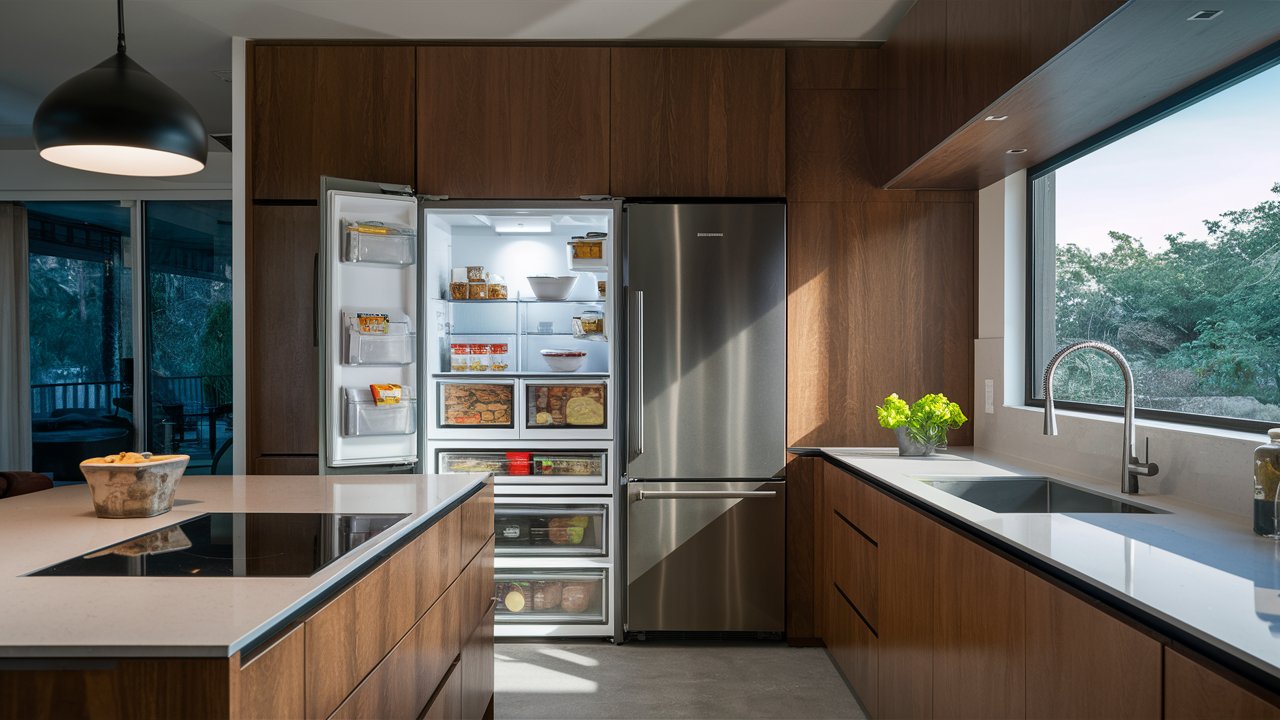
Refrigerators are essential in any home, but they are also among the biggest energy consumers. They run 24/7, contributing to significant energy use. On average, refrigerators consume around 408 kWh annually, costing you about £115 annually (Energy Saving Trust).
Why do refrigerators consume so much energy?
Refrigerators work constantly to keep food at a safe temperature, which requires continuous energy. Their efficiency can also decrease if they are not maintained properly or overfilled.
Energy-saving tips for refrigerators:
- Set the temperature to the recommended levels (Which?).
- Ensure proper air circulation by not overloading the fridge (Energy.gov).
- Leave a gap behind the fridge to allow warm air to escape (Energystar.gov).
- Keep the refrigerator away from direct sunlight.
2. Televisions
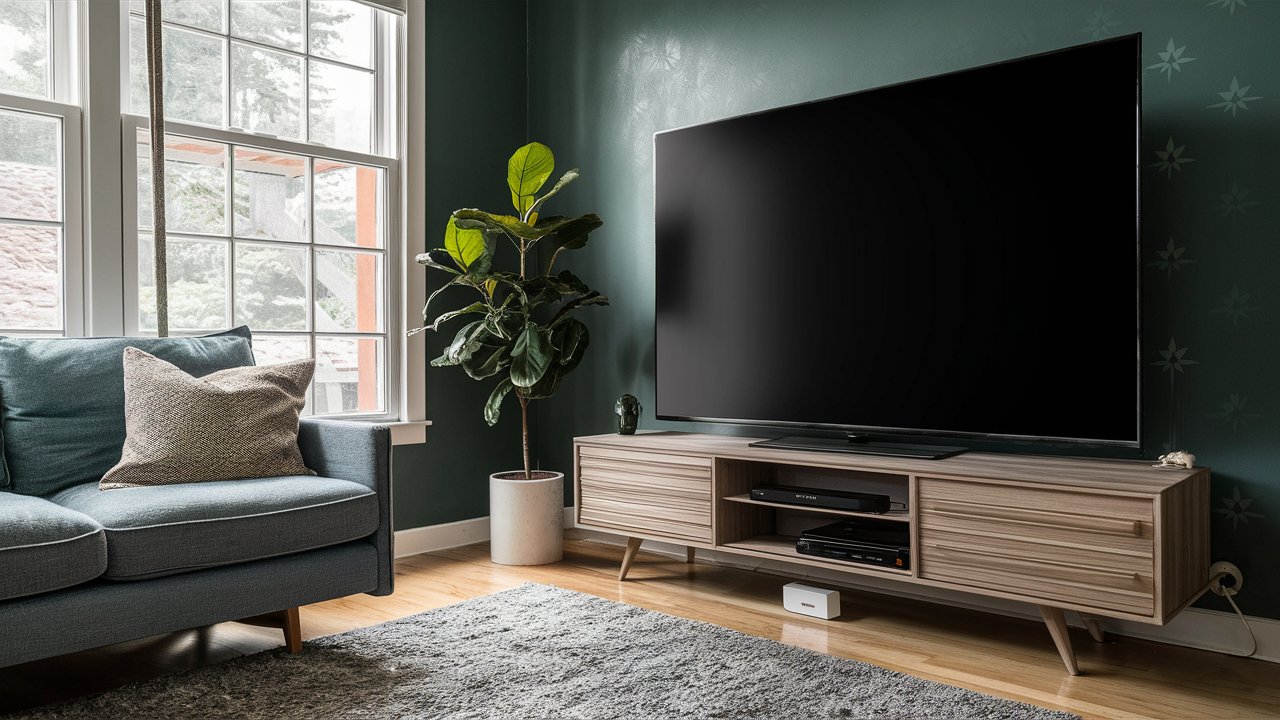
Televisions offer endless hours of entertainment but also take up a substantial portion of your energy budget. Reducing TV usage is the most obvious way to save energy, but it’s not always practical.
Why televisions are energy hogs
Modern TVs, especially larger models, can use significant power. Even when turned off or left on standby, they continue to consume energy.
Energy-saving tips for televisions:
- Turn off the TV completely instead of leaving it on standby (BBC).
- Invest in energy-efficient models, preferably with LED technology (Energy Saving Trust).
- Use a smart extension lead to eliminate standby power consumption (Which?).
3. Heaters
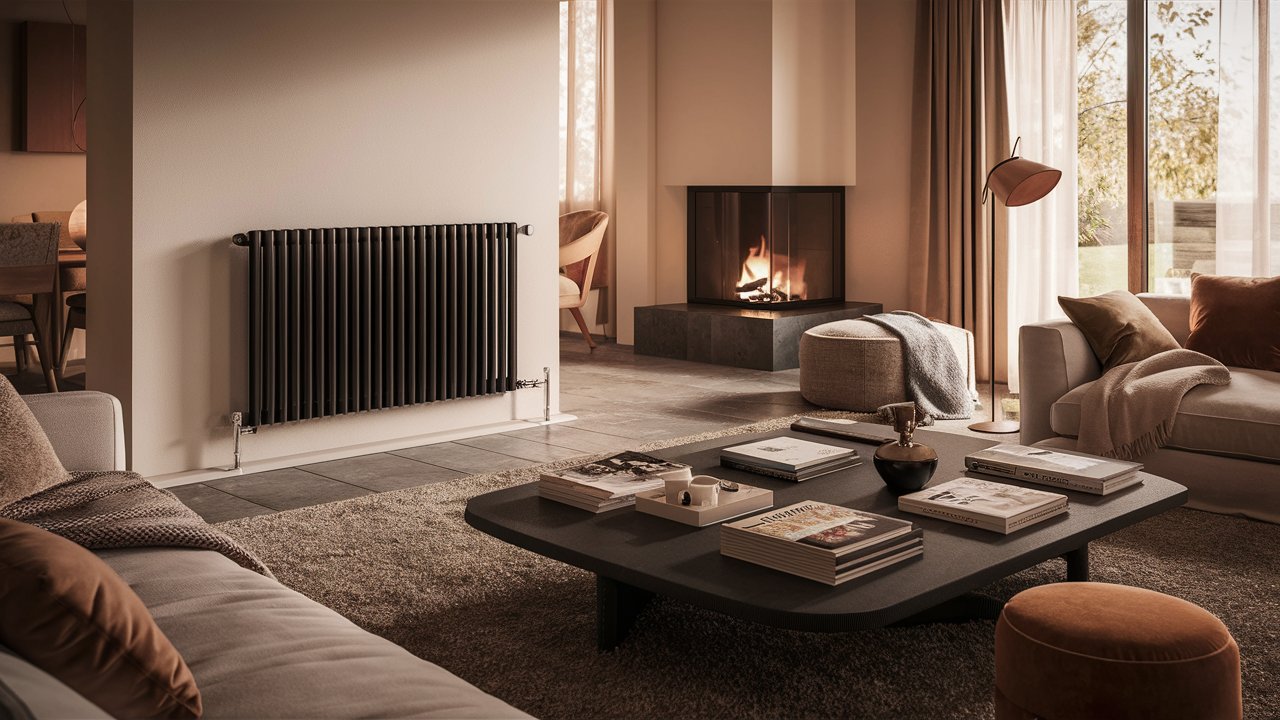
For those living in colder regions, heating is a necessity and a major energy drain. Winter energy bills can be daunting due to high heating costs.
Why do heaters consume a lot of energy?
Heaters need to work hard to maintain a comfortable temperature, especially in poorly insulated homes. Electric heaters can be particularly energy-intensive.
Energy-saving tips for heaters:
- Use smart heaters with built-in energy-saving capabilities.
- Wear warmer clothes indoors (Gov.uk).
- Maximise natural heat by letting sunlight in during the day.
- Ensure your home is well-insulated to retain heat.
- Use a programmable thermostat to better control heating times.
4. Washing Machines and Tumble Dryers
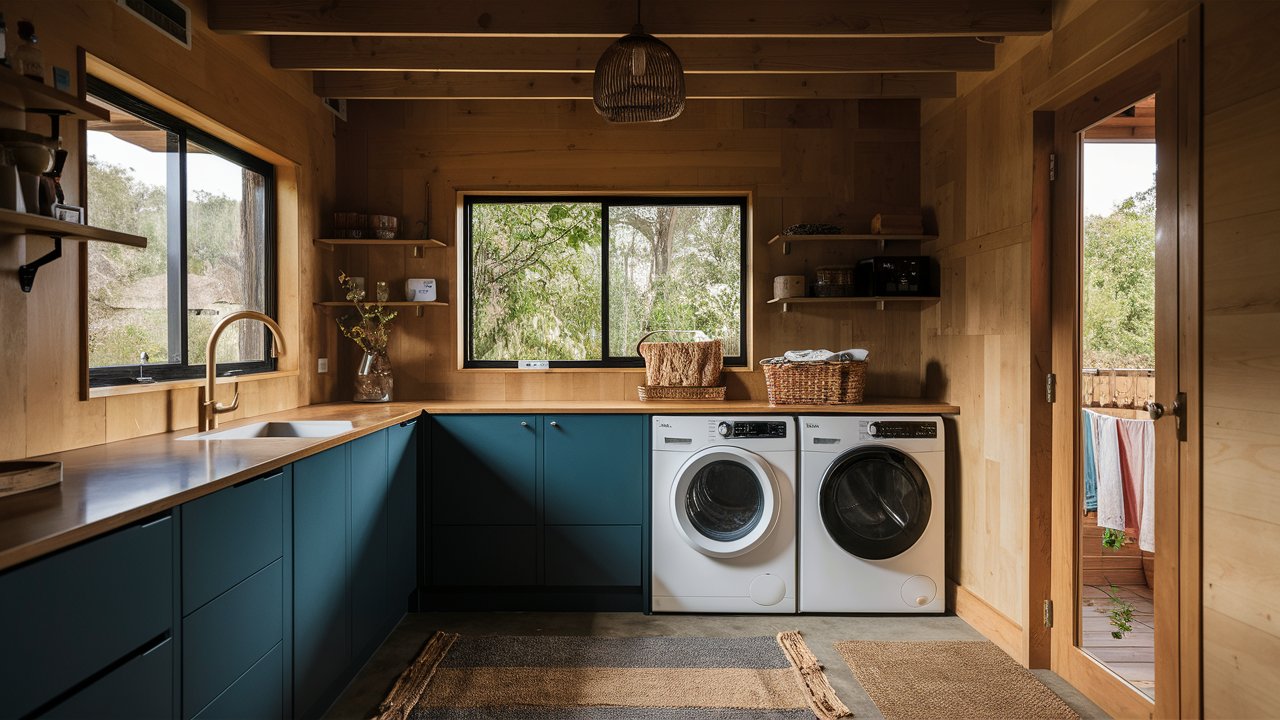
These appliances account for about 14% of your total energy consumption (WashGeek). However, you can still use them efficiently without sacrificing convenience.
Why washing machines and tumble dryers are energy-intensive
Heating water for washing and drying requires substantial energy. Using these appliances frequently can quickly add up to high energy consumption.
Energy-saving tips for washing machines and tumble dryers:
- Dry clothes outdoors when possible.
- Opt for energy-efficient dryer models.
- Only run full loads to maximise energy use.
- Wash clothes in cold water to save on heating costs (Energy Saving Trust).
5. Ovens
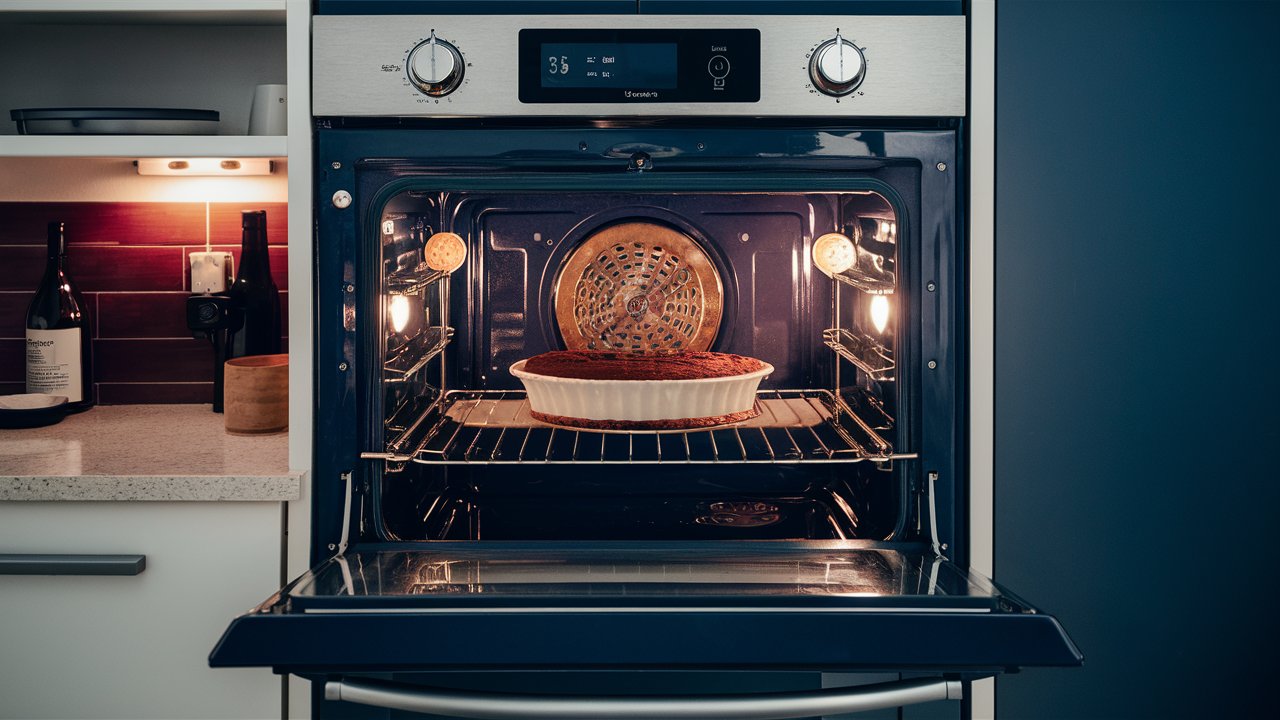
Ovens are indispensable for home cooking but can be energy hogs if not used wisely.
Why ovens use a lot of energy
Heating an oven to a high temperature requires significant power. Opening the door frequently can also lead to energy loss.
Energy-saving tips for ovens:
- Regularly clean your oven to maintain its efficiency.
- Avoid preheating the oven longer than necessary.
- Use the oven's convection setting if available, as it cooks food faster and at lower temperatures (Energy.gov).
- Cook multiple dishes at once to better use the heat.
6. Light Sources
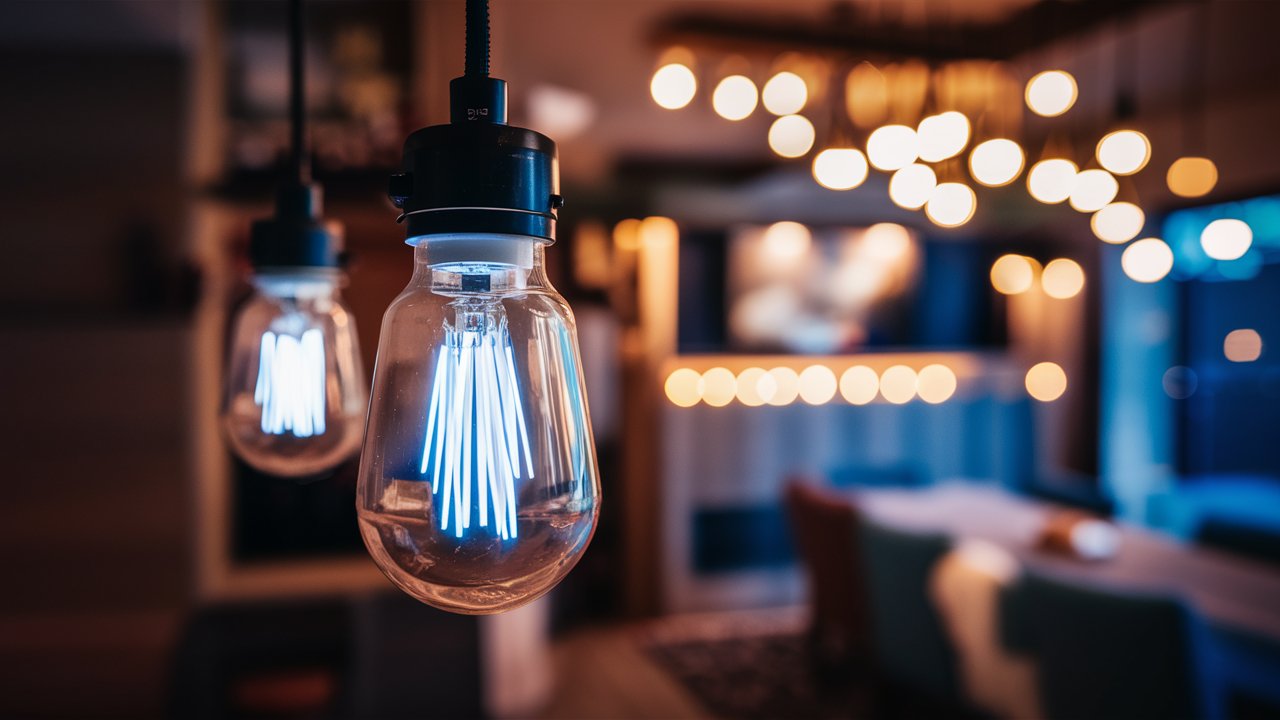
Traditional incandescent bulbs can consume up to 525 kWh of energy annually. Switching to more efficient lighting options can save a significant amount of energy.
Why are traditional light bulbs inefficient?
Incandescent bulbs convert most of the energy they consume into heat rather than light, making them very inefficient compared to modern alternatives like LEDs.
Energy-saving tips for lighting:
- Replace incandescent bulbs with LED lights.
- Turn off lights in unoccupied rooms.
- Use natural light where possible, and consider installing dimmer switches to control light levels.
7. Electric Hobs

While convenient, electric hobs are slower to heat up than gas stoves and can be more costly to run.
Why do electric hobs consume more energy?
Electric hobs take longer to reach the desired temperature and often have less precise temperature control, leading to longer cooking times and higher energy use.
Energy-saving tips for electric hobs:
- Use a microwave to reheat leftovers.
- Cook with lids on pots to speed up cooking time.
- Use the right size pan for the hob to ensure efficient heating.
8. Electric Kettles
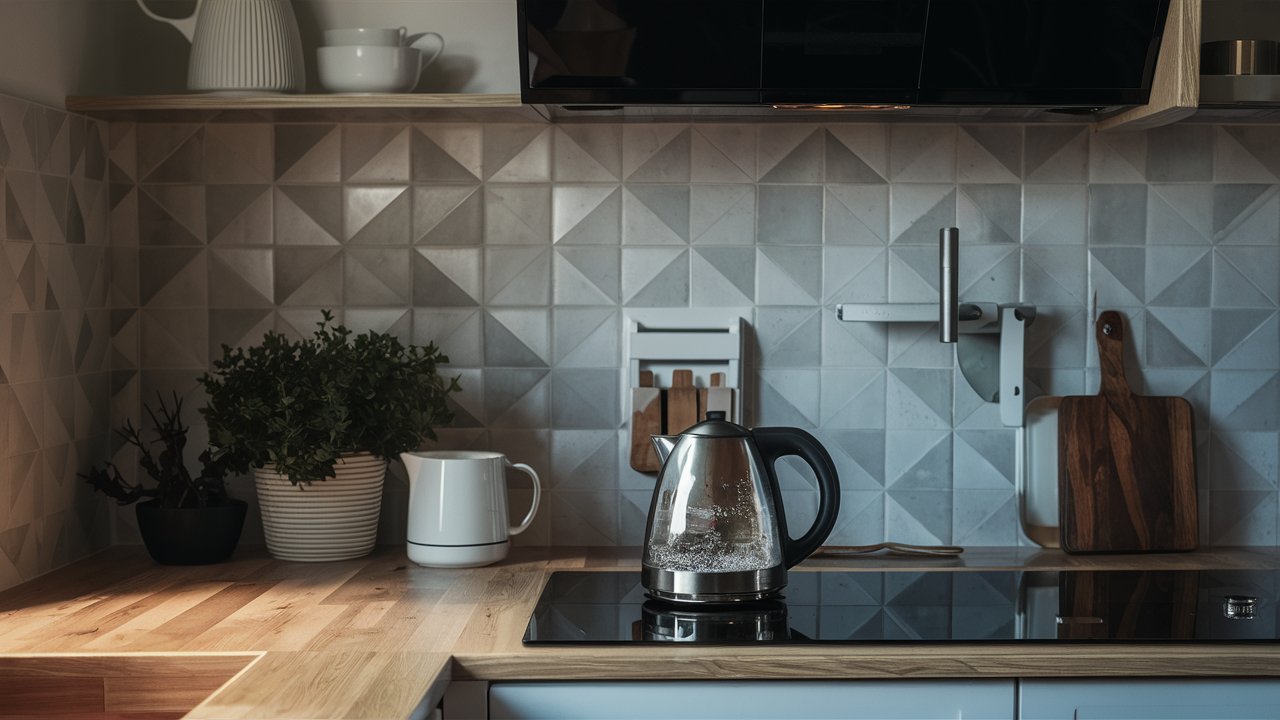
Boiling water for tea or coffee can increase energy costs, but there are ways to minimise this.
Why electric kettles can be energy hogs
Boiling more water than needed wastes energy, and frequently boiling water throughout the day can quickly add up.
Energy-saving tips for electric kettles:
- Boil only the amount of water you need.
- Keep the kettle clean to ensure it heats water efficiently.
- Use an insulated kettle to retain heat longer and reduce the need for re-boiling.
9. Extractor Fans

Extractor fans help ventilate your kitchen but can also be energy hogs if overused.
Why extractor fans consume energy
Running an extractor fan continuously can waste a significant amount of power, especially if it's left on after cooking.
Energy-saving tips for extractor fans:
- Use the fan only when necessary and for a limited time.
- Clean the fan regularly to maintain its efficiency (Which?).
- Consider using a timer to automatically turn off the fan after a set period.
10. Dishwashers

Dishwashers are relatively low on the energy consumption scale, but you can still use them more efficiently.
Why dishwashers use energy
Heating water and drying dishes can consume a considerable amount of energy, especially if the dishwasher is run frequently.
Energy-saving tips for dishwashers:
- Always run full loads.
- Allow dishes to air dry instead of using the dryer mode.
- Use the eco-setting if your dishwasher has one to reduce energy use (Energy Saving Trust).
Checklist for Optimising Energy Use
|
Appliance |
Tips |
|
Refrigerators |
- Set to recommended temperature levels |
|
- Ensure proper air circulation |
|
|
- Leave a gap behind the fridge |
|
|
- Keep away from direct sunlight |
|
|
Televisions |
- Turn off completely instead of standby |
|
- Invest in energy-efficient models |
|
|
- Use smart power strips |
|
|
Heaters |
- Wear warmer clothes indoors |
|
- Maximise natural heat |
|
|
- Insulate your home |
|
|
- Use a programmable thermostat |
|
|
Washing Machines and Tumble Dryers |
- Dry clothes outdoors |
|
- Opt for energy-efficient models |
|
|
- Run full loads |
|
|
- Wash clothes in cold water |
|
|
Ovens |
- Clean regularly |
|
- Avoid unnecessary preheating |
|
|
- Use convection settings |
|
|
- Cook multiple dishes at once |
|
|
Light Sources |
- Replace incandescent bulbs with LEDs |
|
- Turn off lights in unoccupied rooms |
|
|
- Use natural light and dimmer switches |
|
|
Electric Hobs |
- Use microwaves for reheating |
|
- Cook with lids on pots |
|
|
- Use the right size pan |
|
|
Electric Kettles |
- Boil only the water you need |
|
- Keep the kettle clean |
|
|
- Use an insulated kettle |
|
|
Extractor Fans |
- Use only when necessary |
|
- Clean regularly |
|
|
- Consider using a timer |
|
|
Dishwashers |
- Run full loads |
|
- Allow dishes to air dry |
|
|
- Use the eco-setting |
By following this checklist, you can ensure your appliances run more efficiently, helping you save on energy costs while still enjoying the comforts of modern living.
Ready make the switch to energy efficient appliances? Here’s a short video to help you get started!
Credit: Energy Saving Trust
Conclusion
While these appliances are essential for modern living, using them more efficiently can help reduce your energy bills significantly. By following the tips provided, you can maintain the convenience of these devices without the financial strain of high energy costs.
For more energy-saving solutions, check out Meteor Electrical. We offer a wide range of energy-efficient electrical products, including LED lights, smart heaters, and more. Visit our store to find the best options for reducing your energy consumption and saving on your energy bills.
FAQ: Energy Consumption of Home Appliances
Q: Which home appliances use the most electricity?
A: Refrigerators, washing machines, dryers, ovens, and heaters are among the top energy-consuming appliances in a home. These appliances are essential but require a significant amount of power to operate efficiently.
Q: How can I reduce the energy consumption of my refrigerator?
A: You can reduce energy consumption by setting the temperature to the recommended levels, ensuring proper air circulation by not overloading the fridge, leaving a gap behind the fridge for warm air to escape, and keeping the fridge away from direct sunlight.
Q: Do smart TVs consume a lot of electricity?
A: Smart TVs can consume a significant amount of electricity, especially larger models. Turning off the TV completely instead of leaving it on standby and using energy-efficient models with LED technology can help reduce energy consumption.
Q: What are the best ways to save energy with my washing machine and dryer?
A: To save energy, wash clothes in cold water, run full loads, dry clothes outdoors when possible, and opt for energy-efficient dryer models.
Q: Are electric kettles energy efficient?
A: Electric kettles can be energy efficient if used properly. Boil only the amount of water you need, keep the kettle clean to ensure efficient heating, and use an insulated kettle to retain heat longer.
Q: How can I make my oven more energy-efficient?
A: Regularly clean your oven to maintain its efficiency, avoid preheating longer than necessary, use the convection setting if available, and cook multiple dishes at once to make better use of the heat.
Q: What type of lighting is most energy-efficient?
A: LED lights are the most energy-efficient lighting option. They use less power and have a longer lifespan compared to traditional incandescent bulbs.
Q: How can I reduce energy consumption from extractor fans?
A: Use extractor fans only when necessary and for a limited time, clean the fan regularly to maintain its efficiency, and consider using a timer to turn off the fan after a set period automatically.
Q: Are there energy-efficient alternatives for electric hobs?
A: Induction hobs are more energy-efficient than traditional electric hobs. They heat up faster and provide more precise temperature control, reducing overall energy consumption.
For more energy-saving tips and to explore energy-efficient electrical products, visit Meteor Electrical. We offer a wide range of solutions to help you reduce your energy consumption and save on your energy bills.

